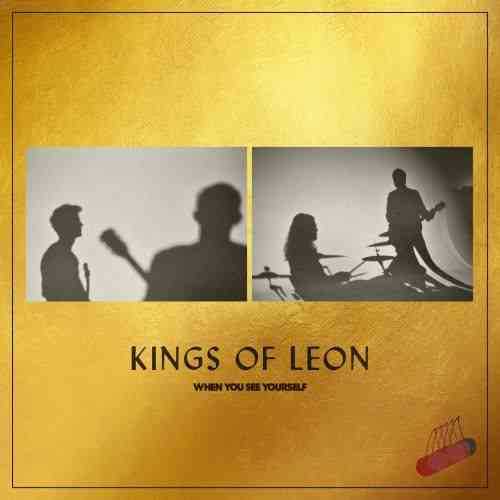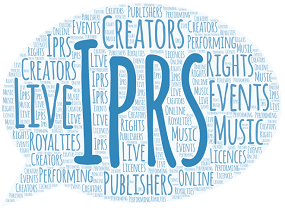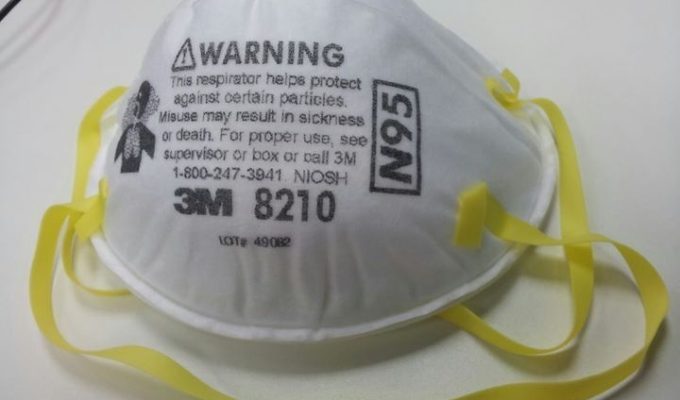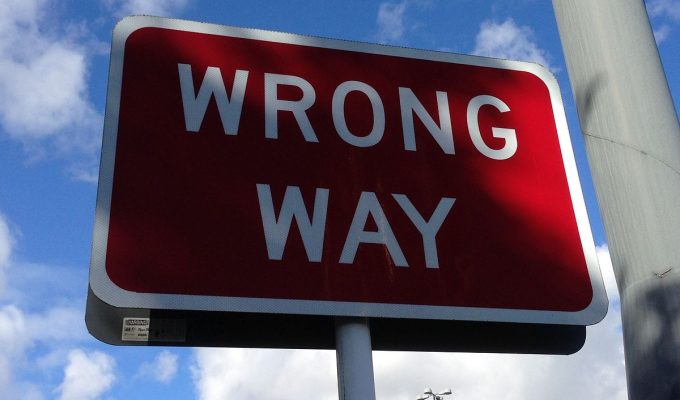SCOTUS Decision in Google v. Oracle: Distorting ‘Fair Use’ but the Scathing (and Logical) Dissent is the One Saving Grace (Part II)
In Part I of this two-part post, I introduced the SCOTUS’ judgment, the concept of API and summarised the majority’s finding. In this Part II, I summarise the minority opinion and share my critique of the judgment. The minority’s opinion The minority agrees with the majority insofar as “fair use” being a mixed question of fact and law. The minority disagrees with everything else. The minority criticises the Courts approach of determining the application of an exception/defence without issuing a […]










